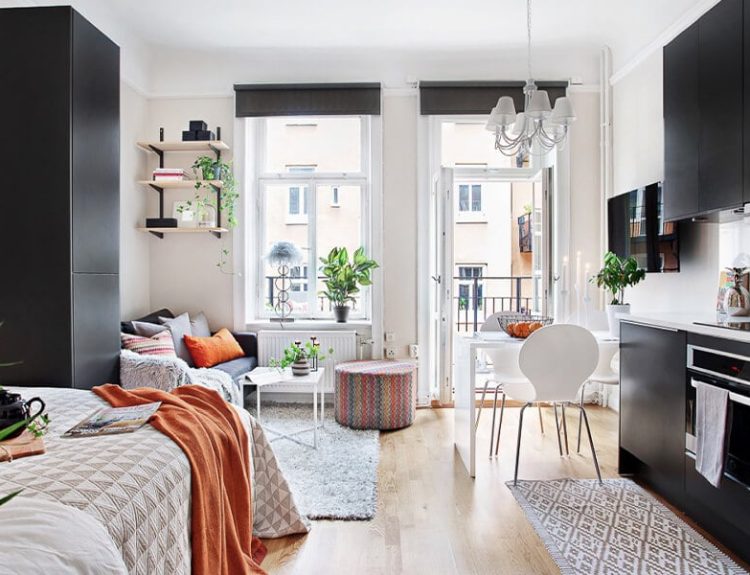Soundproofing is an important consideration for anyone who wants to create a peaceful and quiet environment, be it in a residential or commercial setting. The benefits of soundproofing are many: it can enhance productivity in the workplace, provide a good night’s sleep for residents, and even increase the value of a property. However, soundproofing can often seem like an overwhelming and complex task for those who are unfamiliar with the process.
- What materials are used for soundproofing?
When it comes to soundproofing, there are a variety of materials that can be used to effectively dampen sound transmission. Some of the most common materials include acoustic foam panels, mass loaded vinyl (MLV), soundproof blankets, acoustic curtains, and fiberglass insulation.
Acoustic foam panels work by absorbing sound waves and reducing reverberation in a space, while MLV is a heavy material that blocks sound from passing through walls, floors, and ceilings. Soundproof blankets and curtains are thick, dense fabrics that can be hung over windows or doors to absorb and block sound, while fiberglass insulation is commonly used within walls to reduce sound transmission through the building structure. When choosing which material to use, it’s important to consider the specific needs of the space and the desired level of soundproofing.
- What is the best way to soundproof a room?
Soundproofing is a complex process that requires a solid understanding of the principles of acoustics and the materials used in construction. The best way to soundproof a room depends on various factors such as the type of noise, the construction of the room, and the level of sound reduction desired.
However, there are some tried and tested methods that are considered effective in soundproofing a room. The most effective way to soundproof a room is to construct a separate room within a room, with each room having its own wall, ceiling, and floor. This method is known as room-in-room construction.
Another way to soundproof a room is to use sound-absorbing materials such as acoustic panels and curtains. It’s also essential to ensure that there are no gaps or holes in the room’s walls, floors, and ceiling, as sound can travel through these gaps and undermine the soundproofing efforts.
- How long does soundproofing last?
The lifespan of soundproofing materials depends on various factors such as material quality, installation method, and environmental conditions. High-quality soundproofing materials installed by knowledgeable professionals can last for up to 25-30 years or more.
However, it’s important to note that the lifespan of soundproofing materials can be significantly reduced if they are exposed to environmental factors such as humidity, moisture, and extreme temperatures.
- Is soundproofing expensive?
If you are considering soundproofing a room or space, you may wonder about the cost. Soundproofing can range in price depending on various factors, such as the size of the room, the materials used, and the type of soundproofing method applied.
Unfortunately, there is no single answer to the question, “Is soundproofing expensive?” Without more information about your specific project, it is difficult to provide an accurate estimate.
However, it is important to keep in mind that investing in soundproofing can provide long-term benefits, such as increased productivity, improved sleep quality, and reduced disturbance from outside noise. Additionally, there are affordable options available, such as DIY soundproofing materials and methods, that can still provide effective results.
- Does soundproofing affect the aesthetics of a room?
Soundproofing does not necessarily have to negatively impact the aesthetics of a room. In fact, many soundproofing materials and techniques can actually improve the overall look and feel of a space.
For example, acoustic panels and tiles are available in a wide range of designs and colors that can complement any decor style. Additionally, soundproof curtains can add a touch of elegance to a room while effectively reducing noise levels. It is important to consult with a professional soundproofing company to find the best solutions that not only meet your acoustic needs but also enhance the visual appeal of your space. With the right approach, soundproofing can actually enhance the aesthetics of a room and create a more comfortable, appealing environment.









